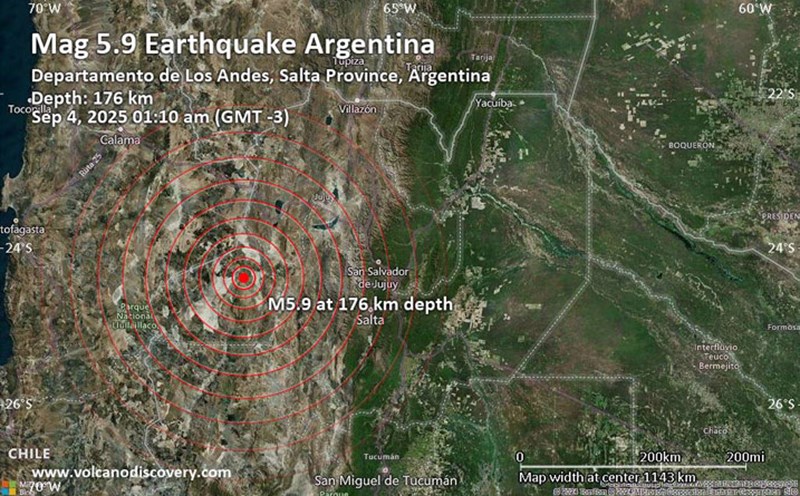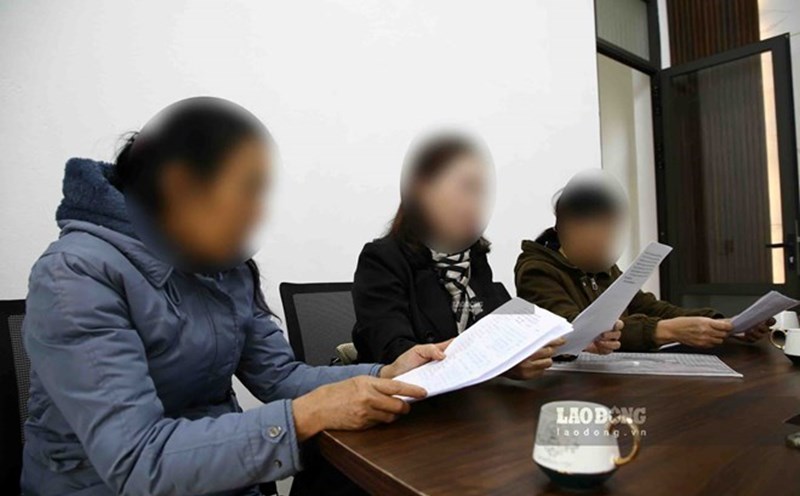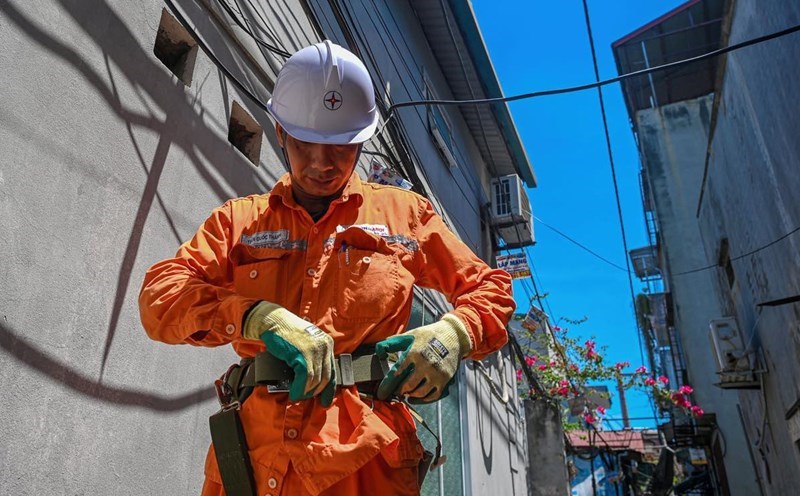According to the Greece Institute of Ge dynamics, the earthquake was strong at 5.2 degrees richter and occurred at a depth of only 2.2km.
The earthquake occurred at around 12:30 (local time), in Evia - the second largest island of Greece and 50km northeast of Greece.
A smaller earthquake occurred about 15 minutes later, with an intensity of 2.5 degrees richter.
Stergios Tsirkas, Mayor of Marathonas - a town on the east coast of mainland Evia - described the "very intense" earthquake.
Meanwhile, Efthimis Lekkas, president of the Greek Planning and Earthquake Protection Organization, said that although Evia is located on a faulty section, the area has never recorded any serious earthquakes.
"We are currently reviewing all the data for more information and accurate estimates," Lekkas added, warning of the possibility of aftershocks overnight, with intensity ranging from 4 to 4.5 degrees richter.
"We have deployed vehicles to eastern Attica and southern Evia," said Civil Defense Minister Yiannis Kefalogiannis.
So far, there have been no reports of damage or casualties, except for a broken store window at a beach in Nea Styra, Evia.
The incident came after a 6.3-magnitude earthquake hit Crete in May, warning residents of a Tsunami.
According to the Greece Institute of Geophysics, the earthquake, which occurred at a depth of 62.7km, was felt visibly in Crete and Rhodes.
Earlier this year, Santorini was also rocked by earthquakes, with more than 20,000 aftershocks recorded from January 26 to February 22.
At the time, Greece declared a state of emergency, leading to the evacuation of more than 10,000 residents and workers.
Fortunately, no major damage was reported on the island.
Like neighboring Turkey, Greece is one of the world's most earthquake-prone countries, shaken by about 25,000 earthquakes a year.
The reason is that Greece is located along major disruptions, including the Hellenic suction zone, where the African tectonic plate is being pushed down the small Aegean Sea.









